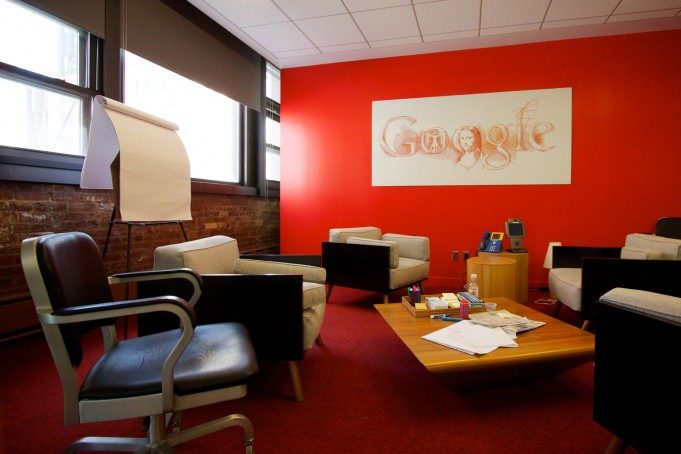A flurry of new job postings suggests Google is ramping up a team to create new consumer VR/AR hardware that goes beyond their Daydream View headset.
Google announced the Daydream View headset in late 2016 amidst a new initiative that saw the company making a strong commitment to designing, building, and selling its own hardware products. Alongside the Daydream View was the announcement of the first of the company’s first-party phones, the Pixel, as well as Google Home, a hardware base station powered by Google Assistant, and Google WiFi, a mesh networking router. All of these products are Google designed and branded, marking a major shift for the company which has formerly largely focused on software.
Through the company’s ‘Nexus’ initiative in year’s past, the company had collaborated with prominent phone makers to create co-branded phones (Google did the same thing too with its Chromebook initiative), but the Pixel comes as the first phone “by Google.” The company has also previously created first-party tablets and laptops under the Pixel brand.
The Daydream View headset launched in November. The relatively simple device is not much more than a smartphone-holder, which ultimately relies entirely on Daydream-ready phones to render VR experiences.
As the company’s hardware ambitions grow, it appears that Google wants to do more than Daydream View. A slew of new job listings for the company’s VR and AR team over the last 30 days shows a ramping up of hardware expertise, including an Engineering Project Specialist position who can “drive multiple hardware projects simultaneously from prototype to mass production,” and an Electrical Hardware Engineer for Consumer Hardware Platforms role who has “Experience supporting high volume overseas manufacturing builds.”
Three other job listings for Google’s VR/AR Team in the same period further suggest a significant focus on hardware, including expertise in the field of optics.
Last year, amidst the announcement of Daydream, Google went on a VR/AR hiring spree, listing 15 full time job positions in the prior 12 months. At that time, nearly all of the hires were software-focused.
Rumors of a Google all-in-one VR headset—one which is self-contained and doesn’t use a snap-in smartphone—continue to swirl. Mostly recently in late 2016, Engadget reported that Google was working on an all-in-one VR device which would include eye-tracking technology from the company’s recent acquisition of Eyefluence.







